
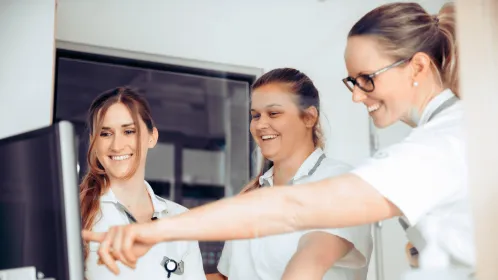
Nursing as the backbone of patient care
As a specialist clinic, our main focus is on the specific requirements of people with a spinal cord injury and other similar conditions. With their wide range of professional profiles, our nursing staff form the backbone of inpatient care in our clinic. They are members of the interprofessional team in the areas of intensive care medicine, acute medicine and rehabilitation. Peer support and work with relatives, voluntary service, pastoral and spiritual care, the RespiCare team and the Speech Therapy team are all part of nursing and are further essential components of our patient care.
Partnership-based cooperation
We see ourselves as a partner of the people in our care and their relatives. We accompany, support and assist them at a vulnerable time in their life and encourage them to live a life under new conditions. The core elements of our work in a knowledge-intensive specialist area consist of creating a trust-based relationship with our patients and taking into account the various backgrounds, standards and values of the people with a spinal cord injury. In the sense of a cross-institutional patient process we work together actively with other hospitals, psychiatric establishments, basic care providers, Spitex nursing and care services, and establishments providing long-term care.
Innovative career model and attractive working conditions
With their wide range of skills, our employees facilitate the transfer of internal and external specialist knowledge and experience. New colleagues undergo detailed induction into our specialist area. Our career model and talent promotion programme are based on the current and future requirements of our patients and aim to provide health care specialists and certified specialist nurses (HF/FH) with prospects at our clinic and beyond.
We promote staff well-being and offer various working options (co-management, job sharing, reserve pool employees) to support our employees as they coordinate their individual life situations with their profession. We are also open to new working hour and shift models.
With comprehensive training at a secondary and tertiary level, we update our knowledge, pass it on and get career starters interested in our specialist area. We also like to give interested individuals an insight into health care professions and into our clinic through internships and work experience weeks.
Our contact partner
If you have any questions about our career model or about an internship, please do not hesitate to contact us at any time. We look forward to hearing from you.
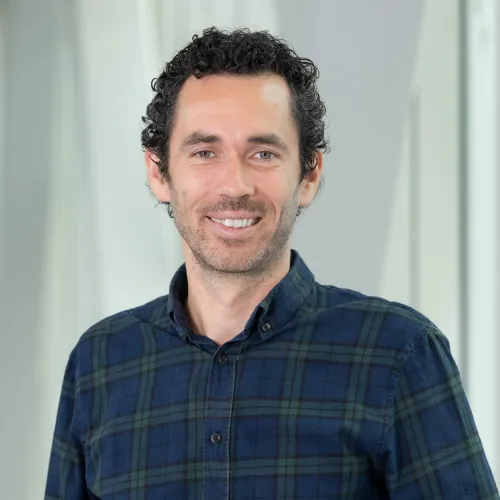
Simon Supersaxo
Core competencies
Our specialists

Pascale Thüring

Cornelia Hausammann
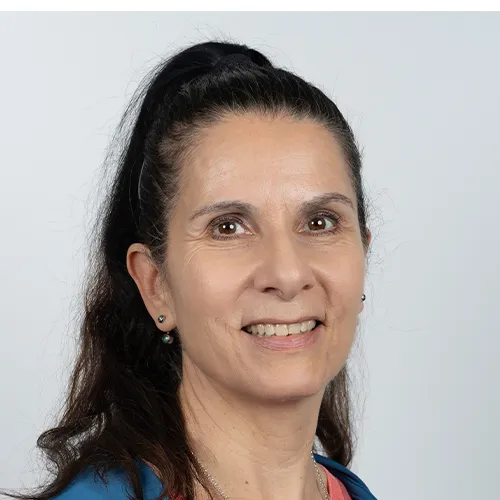
Astrid Hirt

Stefanie Hiltbrand

Astrid Eichholz
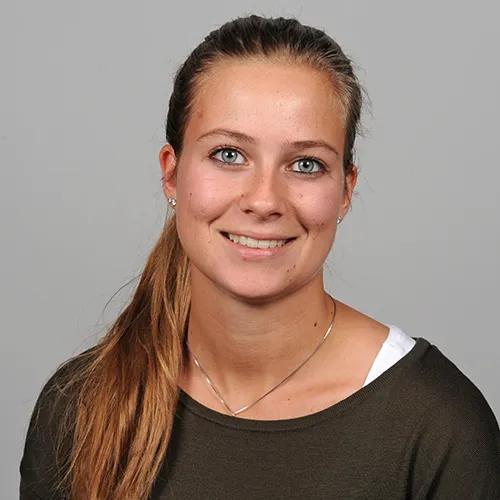
Rahel Wyrsch
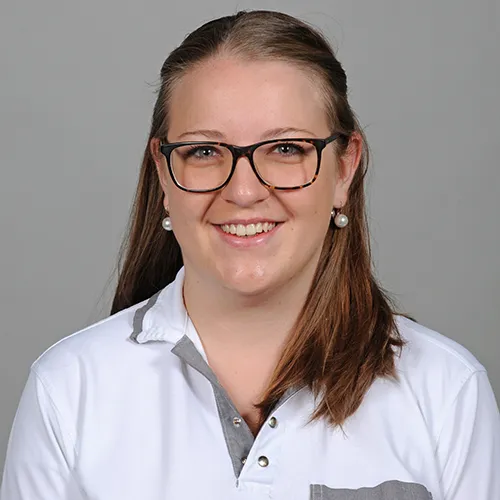
Linda Steinmann

Martin Buckreus

Jlona Knausz

Vanessa Stadler
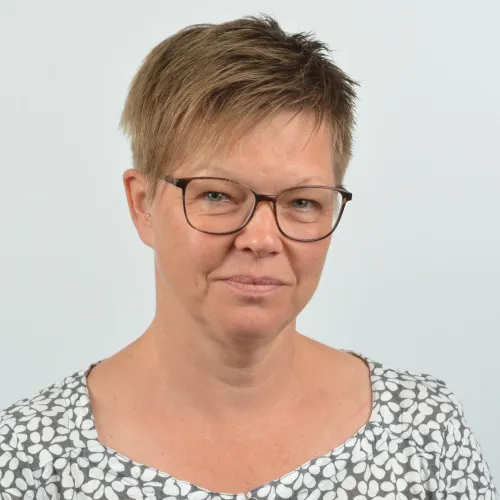
Petra Grau

Evelyne Arnold
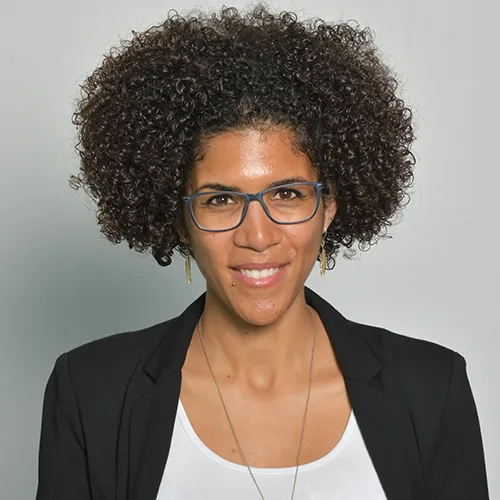
Tamara Leutwyler

Amanda Rüttimann
Nursing Management Secretariat
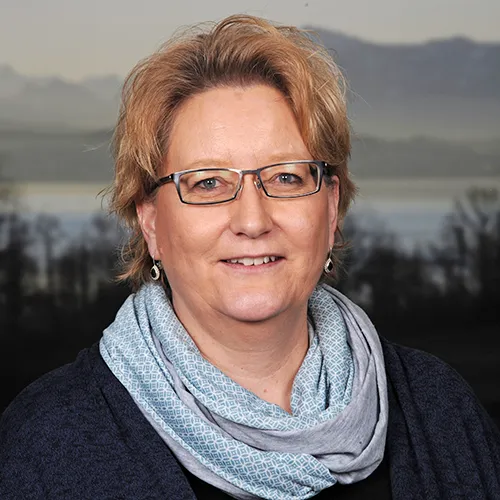
Kathrin Estermann
Werden Sie jetzt Mitglied und erhalten Sie im Ernstfall 250 000 Franken.
Spenden Sie jetzt und unterstützen Sie unsere Projekte zugunsten von Querschnittgelähmten.
